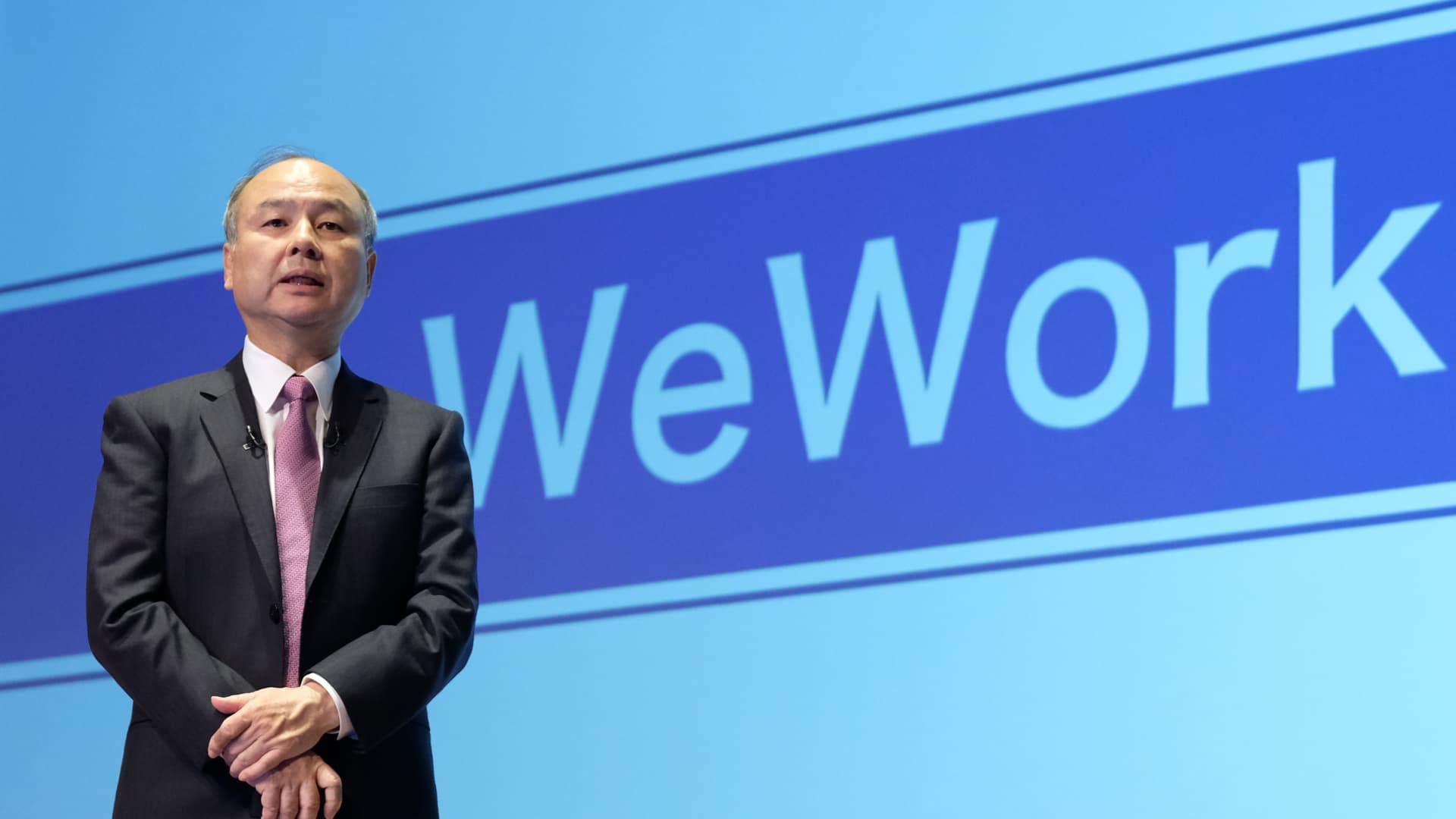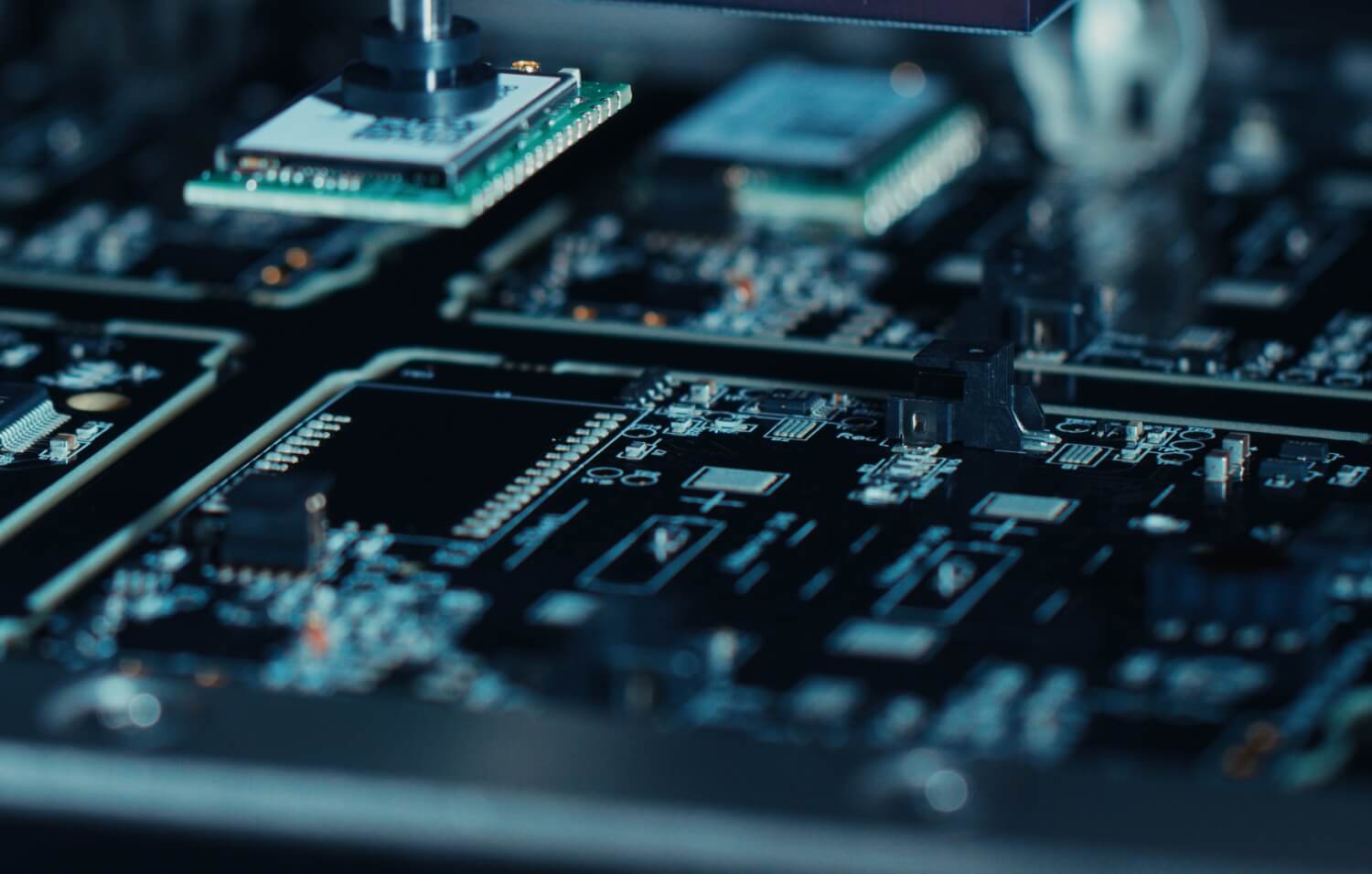Wouldn't surprise me, but I'd also guess it wouldn't be direct.
I think an acquisition by some Chinese state owned enterprise or local governments would be interested but that could be blocked by the Japanese government and it will definitely be blocked by the American government but that won't be an issue with China's regulators ...
I wonder how Japanese regulators would react if America expressed opposition to this ...
Certainly they would.
I would imagine Japan has plenty of their own reservations about such, so they'd be more likely to be on the same page.
The whole point, and value, of ARM lies in its ability to be licensed cheaply to a vast variety of markets.
It would be very strange if it got sold to someone who reduced that - and would probably lead to a replacement being developed in reasonably fast order.
That wouldn't have to stop just because someone, even someone that has a vested interest in their own ARM designs (say Apple for instance), buys them. Which I think that might could be part of the impetus behind an offer. Someone like Apple who is becoming more dependent on ARM views it as a calculated move to make sure they keep access to the IP. They can let ARM operate largely on its own, doing design/licensing, while Apple gets first dibs at new feature sets/etc and instead of paying licensing they're profiting from it.
"Reasonably fast" would not be fast enough to avoid massive damage to the entire semiconductor industry. There's entire industries built around ARM-compatible IP, and massive amounts of effort invested into ARM-compatible software stacks. Starting over from scratch would be a huge blow.
Maybe one of the existing players like MIPS or RISC-V could step into the gap... but there would probably be a decade of chaos before it all shook out.
I'd think if China/Chinese companies were considering that they'd know its not gonna go over well so they'd likely agree to keep licensing setup in place. Which I think just about anyone buying them might get a lot of companies asking for at least that to be mandated to prevent monopoly control.
There were rumours back in 2010 that Apple was interested in buying Arm. Nothing came of that though, and it may have been idle speculation from finance types (just because Apple had a ton of cash on hand).
Financial people will talk

www.theregister.com
I think it could be just about anyone.
In just chipmakers, I'd say it'd be like this:
Nvidia (could really use a CPU so they don't have to rely on competitors' products, ARM is starting to take off in server/enterprise, and is dominant in mobile)
Intel (couldn't beat them so might as well buy them, maybe is looking to limit ARM to mobile; maybe even heding their bets in case x86 proves problematic - if nothing else it provides them easy means to produce at other foundries should they keep having issues with their own)
Samsung (just seems like a Samsung thing to do, and there were rumors they thought about buying AMD and ARM would be a bigger get for them I think)
Apple (I just don't think they'd want to own it, we saw how they are with the GPU with Imagination, but they might view it as integral to maintaining access/IP rights with them moving Macs towards ARM as well).
Qualcomm (considering they supposedly have been shopping their chip business I don't see this)
AMD (I think has good reasons to maybe want it, but don't think they're in financial position to make such a move; it would be bold, would make them not reliant on Intel's control of x86, instantly gives them mobile access, plus companies looking at ARM to deal with Intel's dominance could be partly limiting to them already and likely might increase; it should be a boon for their semi-custom business; also could be big if they require licensing of their GPU - while open sourcing the software as much as possible to placate concerns about lock-in, so kinda take the anti-Nvidia path where you let people license the hardware and then offer open source software stack)
Definitely there are others. Perhaps its Chinese backed companies (although I'd guess they'd do it less directly knowing it will be blocked, meaning the Chinese companies invest in company that then makes the bid), and perhaps that's why Softbank said they'd gotten offers (basically going "hey someone else bid more so we can turn them down keep out of that mess").
I could also see Amazon (just rolled out their own ARM design) or maybe Facebook or someone. I wouldn't think Microsoft or Google but couldn't rule them out entirely either. Other players might view it as a way back to success (IBM, maybe they look to go from Power to ARM; Dell or maybe HP to similarly try to revolutionize their product portfolio). And probably other holding companies and investment groups, etc. I could even see it being a shadow group, where maybe the NSA, Israeli defense, or someone wants deep level access or something.
Heck, I wouldn't rule out Arm & Hammer.





